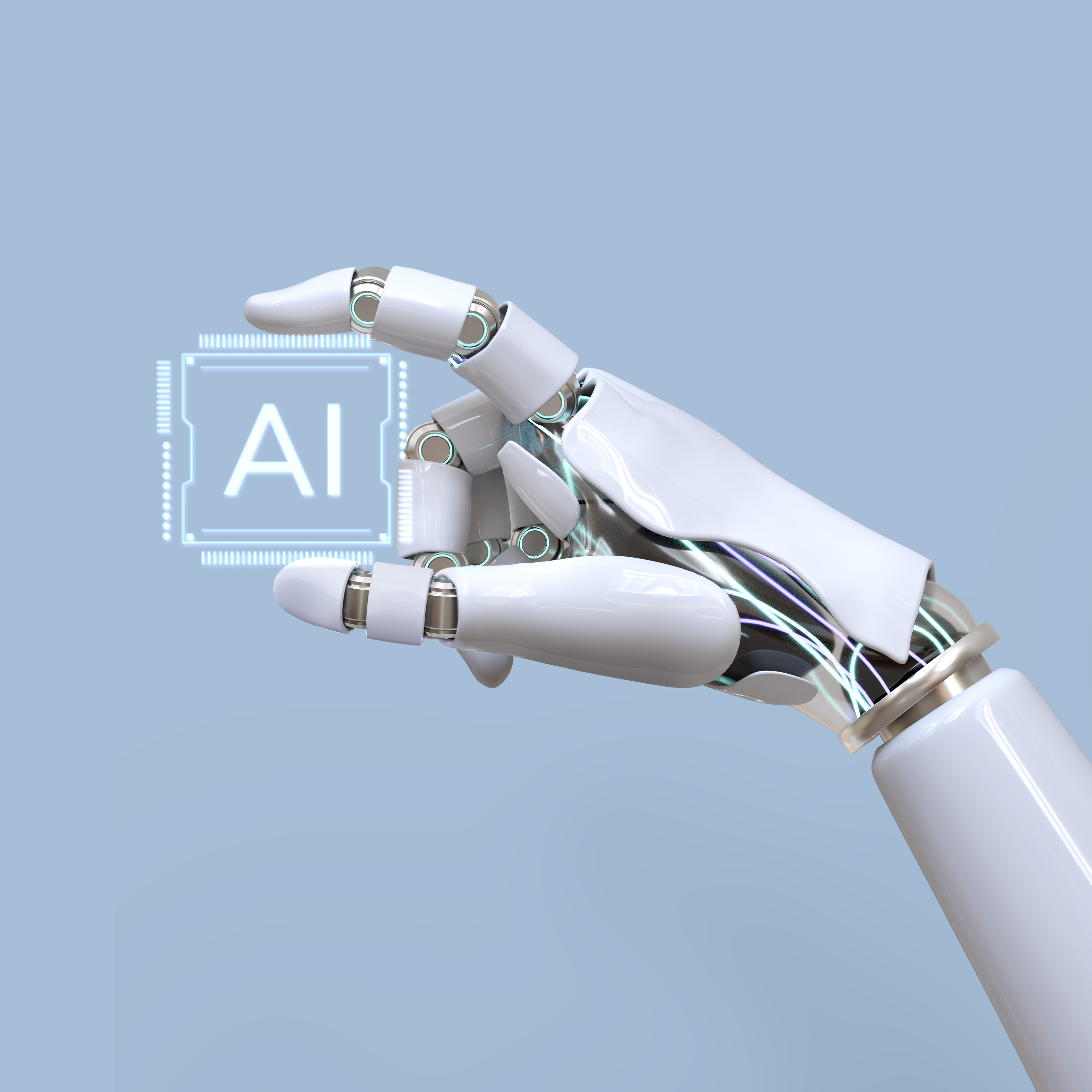Sep 25 2025
What you should know about Artificial Intelligence (AI)
Artificial Intelligence, or AI, has become one of those buzzwords that’s everywhere these days. It pops up in the news, in conversations with the kids or grandkids, and even when you’re just trying to search the internet. But what is AI really? Let’s break it down.
What do we mean by AI today?
At its simplest, AI is about teaching computers to do things that usually require human intelligence, like recognising speech, spotting patterns, or generating ideas. Instead of needing a programmer to write every instruction, AI systems learn from huge amounts of data. Think of it as training a very eager (and sometimes overconfident) apprentice.

You’ve probably already used AI without even noticing. Google Maps suggesting the quickest route, your phone recognising faces in photos, Netflix recommending a new series…all of these rely on AI. The latest versions, called generative AI, can create new content like text, images, or even music. Tools like ChatGPT, Google Gemini, or Microsoft Copilot fall into this category.
The advantages
AI can make life easier in lots of small but useful ways:
- Saving time: Drafting emails, summarising long documents, or helping with customer service.
- Learning faster: Explaining tricky topics in plain language.
- Daily tasks: Meal planning, travel tips, exercise ideas, or even recipe suggestions based on what’s in your fridge.
- Accessibility: Voice-enabled tools can help those with eyesight, hearing, or mobility challenges.
For most people, including the less tech-savvy among us, AI can be like having a patient, on-call assistant ready to answer questions, brainstorm ideas, or provide information. There are literally no stupid questions when it comes to AI!
The limitations
AI is far from perfect. It’s really important to remember:
- It makes mistakes: AI can “hallucinate,” meaning it sometimes makes up facts that sound convincing but are completely wrong.
- It doesn’t “think”: AI doesn’t understand feelings or context the way people do.
- Bias exists: Because AI is trained on existing information, it can reflect stereotypes or inaccuracies from the real world.
- Privacy matters: If you share personal or sensitive information with an AI tool, it may not be secure.
In other words, AI is a helpful tool, but it’s not a substitute for human judgment. Think of it as a smart intern rather than a wise elder.
How you could use AI in daily life
So, how can an average person (i.e. not a computer expert) actually make use of AI?
Here are some ideas:
- Travel planning: Heading off on a road trip around the South Island? Ask an AI chatbot to map out an itinerary that includes scenic stops, motels within your budget, and mobility-friendly activities, if needed.
- Cooking inspiration: “What can I make with mince, carrots, and rice?” AI will happily suggest a few dinner options, even adding Kiwi classics like shepherd’s pie.
- Household savings: AI can help you compare electricity or broadband providers by summarising deals, making it easier to switch to a cheaper option.
- Health questions: While it can’t replace a doctor, AI can explain medical jargon in plain language or help you prepare questions before a GP visit, if you provide your symptoms or medical history.
- Keeping in touch: Struggling to write a letter to the council about your rates rebate? AI can draft it in clear, polite language, ready for you to check and send.
- Budgeting help: Ask it to outline a simple weekly spending plan that balances your income with everyday costs. Always double-check with a trusted adviser before acting, but it’s a good way to start.
- Local learning: Curious about an historical event, the best cycle trails near your town, or when to plant tulip bulbs? AI can give you a starter explanation before you dig deeper.
Getting started with AI
If you’d like to give AI a go, here are a few simple ways to start:
- Open a web browser (like Chrome, Safari, or Edge) on your PC or laptop and go to openai.com. You’ll need to make a free account to start chatting with ChatGPT.
- Download the ChatGPT app (available in the Apple App Store or Google Play Store) on your phone. Or try Google Gemini, which works directly in the Google app.
- Try something simple for starters, like:
- “What are three easy dinner ideas for two people?”
- “Explain what dollar cost averaging means in simple terms.”
- “Give me a 5-day walking plan to get fitter.”
- Treat it like a conversation. If the first answer isn’t quite right, ask a follow-up. The more specific your question, the better the answer.
Just remember its limitations. Don’t trust AI blindly. Always cross-check important information and be careful what personal details you share. Watch out for scams, too. For more on this, read our companion piece in this month’s newsletter: “Deepfakes and scams: When familiar faces aren’t what they seem."
Here to stay
Artificial Intelligence isn’t science fiction anymore and it’s already part of daily life. For most people, it can be surprisingly useful: explaining things simply and helping with everyday tasks.
The key is to treat AI like you would any new appliance: learn what it’s good at, be aware of its quirks, and don’t rely on it for everything. Used wisely, AI could become one of those modern tools that genuinely makes life easier, a bit like when we all first got microwave ovens or mobile phones. Next time you’re curious about something, considering asking AI first.
* This article is for information purposes only. Lifetime does not receive financial compensation nor does it endorse any product or service mentioned.